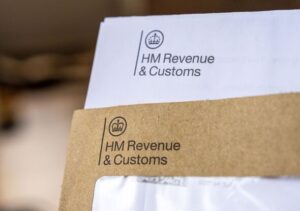
In the UK, many people are neglecting the will – despite the fact that it could help cut the inheritance tax bill down. The Office for Budget Responsibility estimates that estates eligible to pay the 40 percent tax charge could rise to 50,000 by 2027. Having a will in place could slash this tax burden.
Brits who have children and grandchildren should write a will as soon as they can. Without a will, your estate could be at risk of being distributed according to the rules of intestacy – and the heirs be liable to inheritance tax.
Without an official and legally binding document, the inheritance process is significantly more complicated and a higher tax payment may be required.
It is important to ensure your estate is in order to allow for a smooth process and minimal stress, an expert noted.
Yet, a whopping 51 percent of British adults haven’t written a will nor are in the process of writing one, according to research from Canada Life. This includes 13 percent of people who said they have no intention to write a will in the future.
Andrea Rozario, chief corporate officer at Bower Home Finance, told GB News: “You’d be surprised how many people neglect to make a will.
“If your wishes aren’t written down in legally binding document, this can complicate the inheritance process and even result in a higher tax payment.”
Inheritance tax is paid on money and possessions passed on when you die and is paid from your estate. Your estate is made up of everything you own, minus debts, such as your mortgage, and expenses, such as funeral expenses.
The tax is paid by heirs and it must be paid by the end of the sixth month after you die. The application for an inheritance tax number must be done at least three weeks before the payment is due.
At the end of the most recent tax year, the government received £4.7billion in inheritance tax, which was up by 22 percent on the year before.
While relatively few people pay inheritance tax, more and more are finding themselves eligible to pay due to the increasing price of houses.















